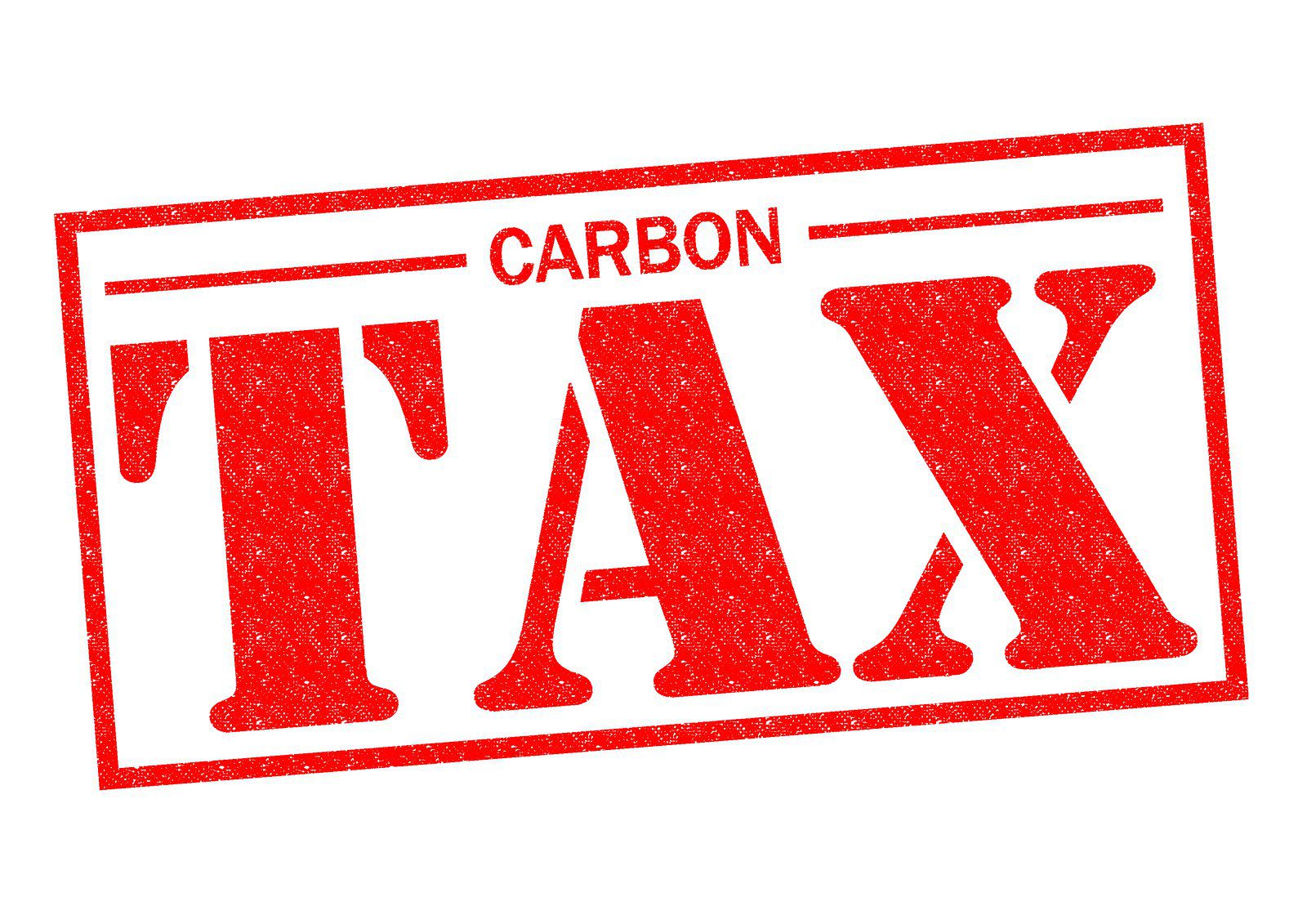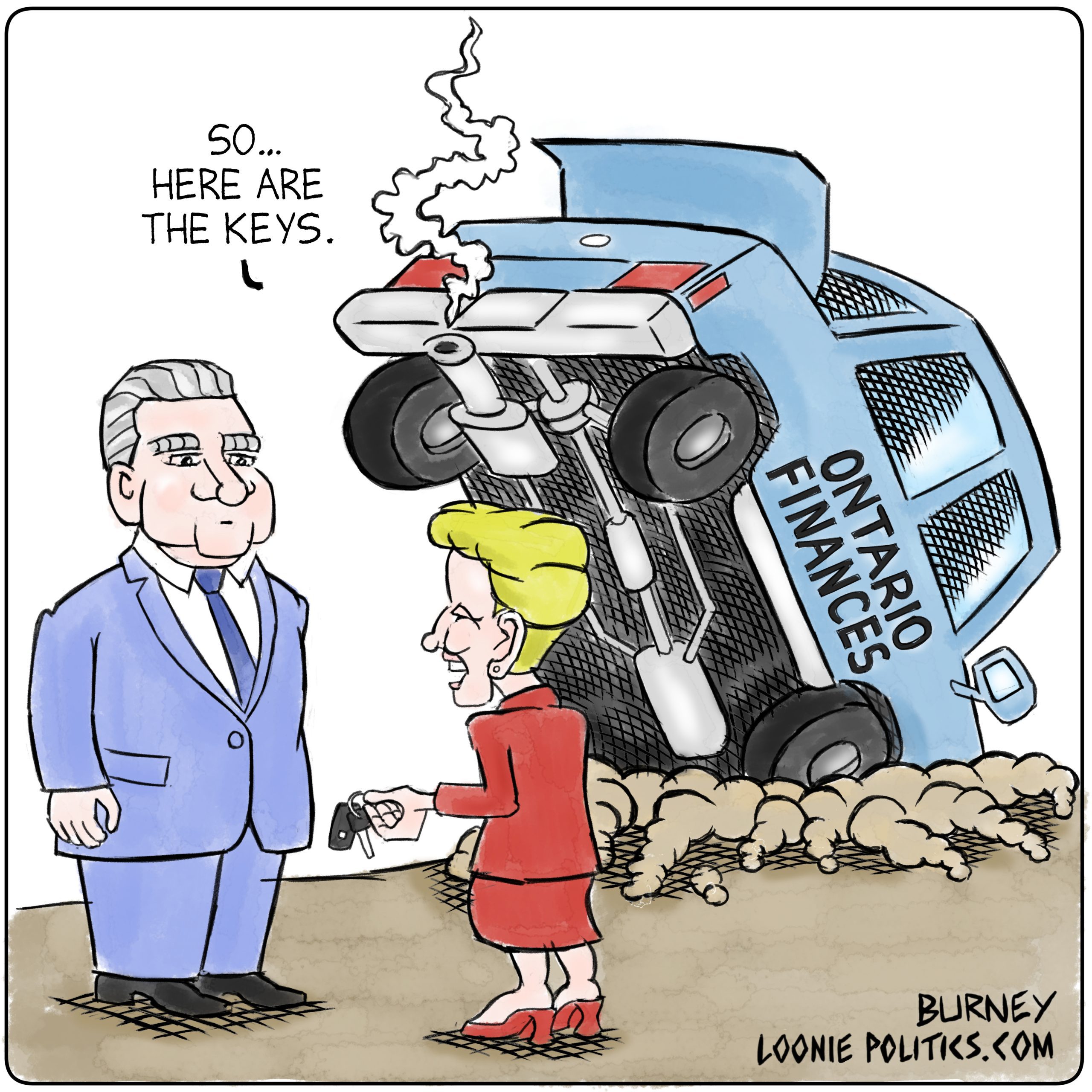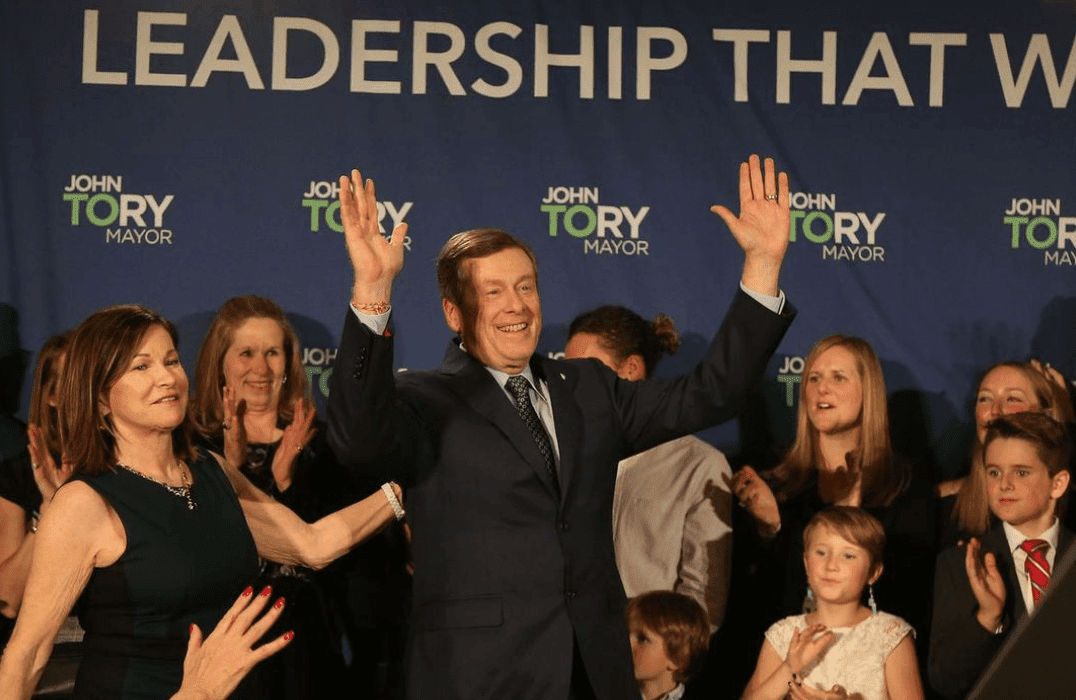Hey rest of Canada, life doesn't end when the price of gasoline goes up a few cents thanks to a carbon tax.
Take it from your friends in Alberta, which has been, depending on your political stripe, labouring under the yoke of unfair carbon taxation, or doing its fair share to fight global climate Armageddon, for a couple of years now.
This week's announcement from Justin Trudeau about his plans to impose a federal tax on citizens with recalcitrant provincial governments will spur a little mental arithmetic to compare the experience in Alberta to the about-to-be-instituted federal regime.
The feds are initially pricing carbon at 20 cents a tonne. Alberta's tax is 30 cents. A nice federal rebate will pop back into individual household budgets at tax time for folks in Ontario, New Brunswick, Saskatchewan and Manitoba. In Alberta there is also a rebate system that covers the tax cost in part or whole for about 60 per cent of households.
Do big pickup trucks still fill up at the Costco pumps around Alberta despite the tax? You betcha. Does everyone turn down the home thermostat at night to just this side of chilly to save on the tax? Maybe some do, but not all.
But it does have some people thinking about the cost, both in wallet terms and global future terms, of burning all that fuel. If you subscribe to the every-little-bit-helps theory of climate action, then that, at least is a start. And there are the little things like carbon-tax subsidized cheap sustainable lightbulbs, whiz-bang programmable thermostats, rebates on better insulated windows to allow the individual to take just that bit more actual action.
The carbon tax didn't appear to prolong the slump of the 2015-16 Alberta recession (economists agree the province is recovering nicely despite crap energy prices).
So why is Alberta's opposition United Conservative Party making the repeal of the Alberta carbon tax the lynchpin of its election platform?
Part of that strategy is a general overarching national conservative stand against the current iteration of carbon taxes. Liberals like 'em so conservatives hate them, from sea to sea.
But in Alberta, there is an enduring political truth that further bolsters UCP Leader Jason Kenney's hope that tax repeal is the big winning promise. That truth is Albertans deep dislike of taxes in any form.
Even when taxes are good for them, Albertans don't want them. For years economists and pundits have argued that the province's fiscal woes, including a $53 billion debt, could be solved with a modest sales tax. It has been so much easier and painless to lean on energy royalties to float the Alberta boat, rather than ask individual citizens to add two or three cents per buck to their purchases.
And if we must have taxes, Albertans want them to be incredibly simple to understand. Hence the Ralph Klein administration's institution of a flat income tax was bizarrely popular.
So a tax on carbon, even if Nobel prize winning economists argue that it shifts consumer carbon emissions, is a tough sell in the province.
And Premier Rachel Notley made the error of tying the tax to "social license" to get pipelines built — a concept only simple enough for Alberta taxpayers to understand if it shows pretty immediate results. So far that is not the case.
One blow Kenney does land on the NDP government in his relentless attack on the carbon tax is his contention that the NDP didn't specifically mention the tax during the 2015 election campaign.
Fair enough. Notley argues that she campaigned on instituting a strong climate change policy but the actual word tax was never mentioned. In fact it still is rarely mentioned, with euphemisms like levy and carbon pricing replacing the ultimate dirty word in official documents.
In May 2019 the UCP is aiming to make the carbon tax the compelling issue at the ballot box. In a province that would rather drown in red ink than institute a sales tax, the prospect of nixing a carbon tax may seem an easy choice — much easier than taking public transportation more often, turning down the thermostat or beefing up home insulation.









